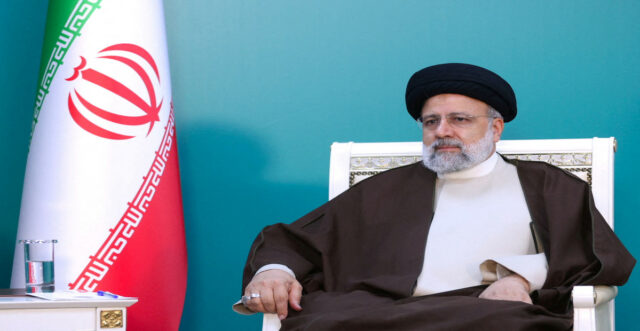Iran has delineated its position with regard to regional tensions, asserting it does not aspire to exacerbate conflicts but feels compelled to enact punitive measures against Israel.
This declaration follows the assassination of Hamas leader Ismail Haniyeh in Tehran, an act that has intensified regional discord. Nasser Kanaani, spokesperson for Iran’s foreign ministry, articulated on Monday that Iran’s commitment is towards regional stability, a goal he contends necessitates holding Israel accountable.
Tehran Urges Global Community To Support Punishment For Israel
Kanaani voiced sharp criticism towards the United States and the international community, accusing them of failing to fulfil their role in preserving regional equilibrium. He urged for a cessation of American support for Israel, underscoring that Iran’s measures against Israel are both inevitable and imperative.
In a move reflecting its resolve, Iran convened a significant diplomatic assembly on Monday. This meeting, orchestrated by acting Foreign Minister Ali Bagheri Kani, brought together ambassadors and senior diplomatic representatives stationed in Tehran. The purpose was to reaffirm Iran’s stance and strategic intent in addressing Israeli actions. The foreign ministry’s orchestrated engagement underscores Iran’s commitment to a forceful response.
Emergency OIC Meeting Scheduled To Address Iran’s Concerns
An emergency session of the Organisation of Islamic Cooperation (OIC) is scheduled for Wednesday at Iran’s behest.
This meeting will deliberate over the assassination of Haniyeh and Iran’s planned course of action. The OIC’s intervention highlights the gravity of the situation and the widespread implications for regional stability.
The assassination of Ismail Haniyeh on July 31 has been attributed by Iran and its allies, including Hamas and Hezbollah, to Israeli operatives.
This event adds to a pattern of targeted killings amidst the enduring Gaza conflict, which has now persisted for nearly 11 months. The incident has exacerbated existing hostilities and reflects ongoing strife between Hamas and Israel.
Iranian Foreign Ministry Asserts Need For Regional Deterrence
Despite accusations, Israeli authorities have refrained from acknowledging any involvement in Haniyeh’s death. The Islamic Revolutionary Guards Corps, led by Commander Hossein Salami, has reiterated its stance of impending retaliation, asserting that Israel will face consequences “in due time.” This rhetoric underscores the heightened volatility and the potential for further escalation.
Revolutionary Guards Threaten Israel With Future Consequences
Iran’s posture reveals a nuanced strategy aimed at asserting geopolitical leverage while ostensibly striving to avoid broader regional destabilization. Tehran’s declarations underscore a dual approach: advocating for punitive measures against Israel while maintaining a facade of regional stability.
The forthcoming OIC meeting and continued diplomatic dialogues will be pivotal in assessing how the crisis evolves and whether additional measures will be adopted to mitigate the intensifying conflict. The international response, particularly from major stakeholders like the United States, will significantly influence the trajectory of these unfolding tensions.
(With Inputs from Reuters)





